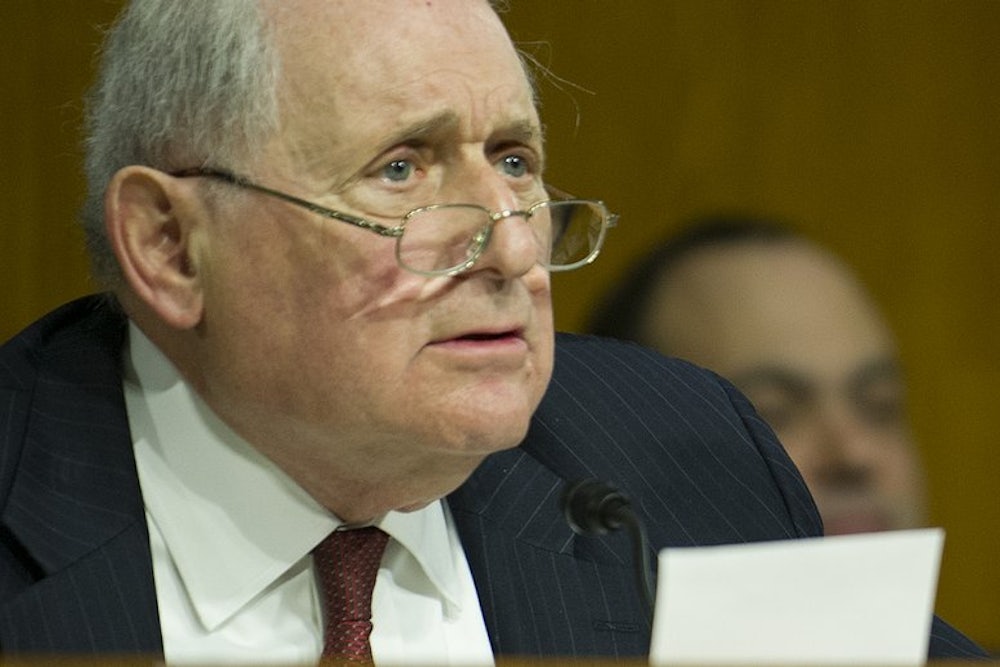Mike Rosenwald is very worried about the state of modern discourse.
In a sprawling essay in Saturday’s Washington Post, the enterprise reporter frets that Twitter is making it faster and easier for the righteous mob to pulverize people who say stupid things. The victims of this “Twitter Police”: Not young people guilty of unconscious racism, but media commentators who are punished to varying degrees for journalistic malpractice and displays of prejudice. “I worry that, pretty soon, no one will have the guts to jaywalk anymore,” Rosenwald writes.
Wait—you mean the “guts” to tweet that men should be smacked for liking a David Beckham underwear ad, to misidentify a bombing suspect, and to mischaracterize other peoples’ reporting? Those are the brave actions, respectively, of Roland Martin, John King, and Howard Kurtz, whom Rosenwald holds up as examples. All three were roundly criticized on Twitter, and in Martin and Kurtz’ cases, fired. If the microblogging backlash had something to do with their ouster, and consequently encourages people with extremely large audiences to be tolerant and careful about accuracy, I’d say that’s a pretty decent outcome.
But Rosenwald seems nostalgic for a time when all that outrage stayed pent up in living rooms.
“Back when remote controls were connected to TVs via cords, if a talking head said something stupid, the chatter and fist-waving of viewers usually stayed within their immediate social groups,” he writes. “To take action, you had to drive to the grocery store, buy some cardboard and markers, drive home, think of a compelling slogan, make a sign, drive to the network’s headquarters, stand out in the rain, catch a cold and miss three days of work.”
God forbid viewers should be able to register their disapproval without going through all that! Perhaps Twitter would be more interesting if they just kept their reactions to themselves.
Sure, Twitter can propagate falsehoods and out-of-context statements, like the ones that spread during Hurricane Sandy and the Boston Marathon bombing. But it also self-corrects, calling out rumors as bogus. Sure, Twitter allows users to “instantaneously trash CNN’s King over his reporting, and then watch the retweets and replies pile up, get embedded in stories by other media outlets and multiply the outrage,” but if some journalists don’t have the fortitude to tune out these stone-throwers—just as they do, say, article commenters—then maybe we should tune them out, too? Even when journalists do make mistakes worth tweeting about, the balance of his or her good work will eventually outshine the outrage, as the Washington Post’s own Sarah Kliff recently learned after getting blasted by conservatives for labeling the Kermit Gosnell affair a “local story.” However annoying it might have been for a few days, will anybody of note hold that against her for eternity? I think not.
The real harm, as Rosenwald sees it, is that Twitter opprobrium causes self-censorship. But media commentators relish, rather than shy away from, controversy—which is exactly why journalists have embraced Twitter, both to broadcast their own opinions and those of the masses. To whatever extent this instapunditry makes the platform “boring,” or causes the overamplification of controversy, the fault lies as much with former group as the latter.
